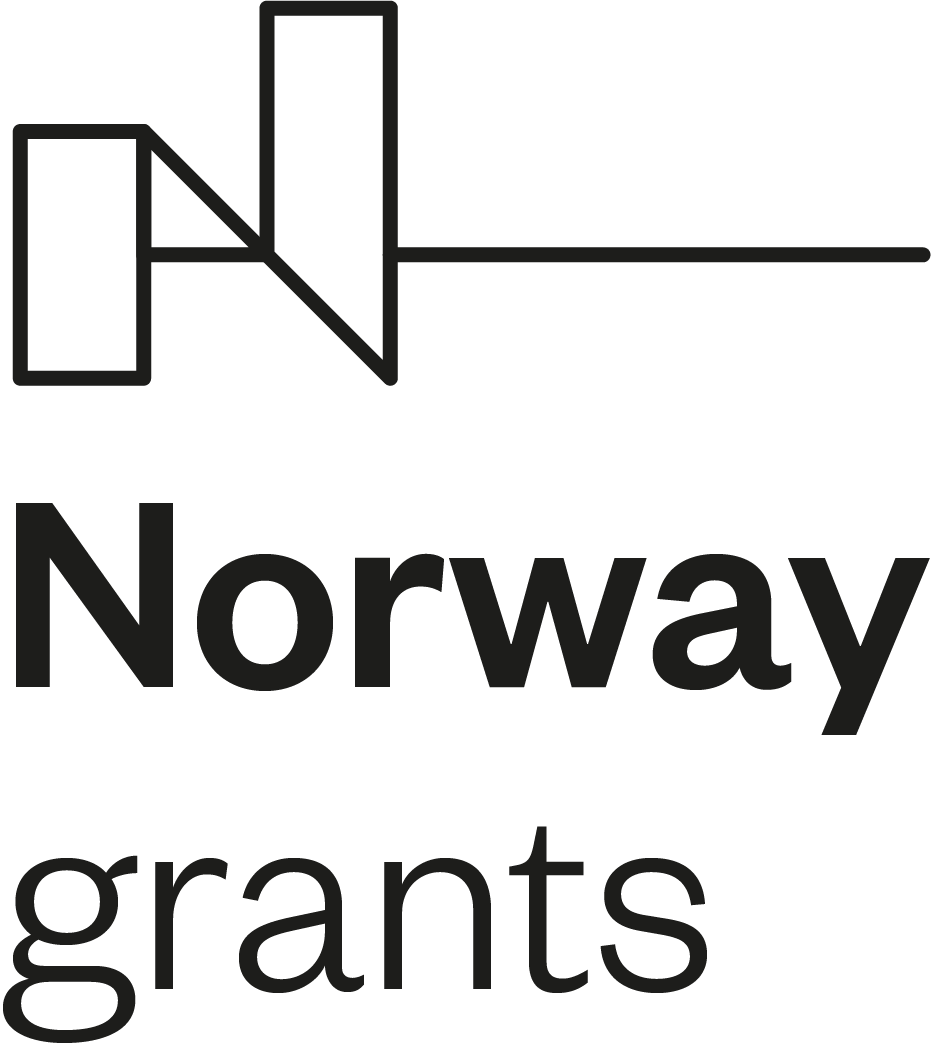| State | Bulgaria |
| Existing of Ethical code | ☒ Yes
☐ No Note:
|
| Number of Ethical codes | ☒ For judges
☒ For prosecutors ☐ For both legal professions
|
| Sources | Code of ethical behavior of Bulgarian judges,
Code of ethical behavior of Bulgarian prosecutors and investigators |
Notes: The judiciary of Bulgaria includes magistrates: judges, prosecutors and investigators. The judiciary was led by one collegial body – the Supreme Judicial Council (SJC) until 2023, SJV carried out activities on the appointment, dismissal of magistrates, determination of bodies of the judiciary and implementation of policies in the field of the judiciary. The SJC sat in a Judicial College, a Prosecutorial College and a Plenum, which had different powers.
Constitution of the Republic of Bulgaria (State Gazette № 106 of 2023) was changed in 2023 and the Supreme Judicial Council was transformed by creating the Supreme Judicial Council and the Supreme Prosecutor’s Council. The two new councils de facto have the competence of the former collegiums of the ex SJC. Together, the Supreme Judicial Council and Prosecutor’s Council form a General Assembly, which has competence in: budget in judiciary, real estate management, makes general decisions about the organizational power of the judicial system in Bulgaria.
At the same time, the Code of Ethical Conduct of Bulgarian Magistrates, adopted in 2009, was canceled and two new codes of ethics were adopted in its place – Code of Ethical Conduct of Bulgarian Judges and Code of Ethical Conduct of Bulgarian Prosecutors and Investigators. The Code of Ethics for Judicial staff (2009) remains in force.
There are three codes of ethics in the Bulgarian judicial system from 30.10.2023:
- Code of Ethical Conduct of Bulgarian Judges (2023), which repeals the previous Code of Ethical Conduct of Bulgarian Magistrates from 2009.
- Code of Ethical Conduct of Bulgarian Prosecutors and Investigators (2023), which repeals the previous Code of Ethical Conduct of Bulgarian Magistrates from 2009.
- Code of Ethics for Judicial Staff from 2009
The new codes of ethical conduct for magistrates come into force and apply from 30.10.2023.
The new Code of Ethical Conduct of Bulgarian judges was adopted in 2024. The Code of Ethical Conduct of Bulgarian Prosecutors and Investigators was amended in 2024. The code for court staff has not been changed yet.
Ethical codes in Judiciary
- Moral code of the investigator – adopted on 29.07.1999 by the General Assembly of the Chamber of Investigators in Bulgaria and approved by a decision of the SJC from 19.02.2003. (valid until 20.05.2009 г.)
- Rules for professional ethics of prosecutors in Bulgaria – approved by decision of the SJC under protocol No. 44/26.11.2003.(valid until 20.05.2009 г.)
- Rules for professional ethics of judges in Bulgaria – approved by decision of the SJC under protocol No. 7/10.03.2004 г. (valid until 20.05.2009 г.)
- Code of ethical behavior of Bulgarian magistrates, adopted by Decision of the SJC under Protocol No. 21 of 20.05.2009, amended. with Decision of the SJC under Protocol No. 2 of 18.01.2011. (valid until 30.10.2023 г.) ENG, BGN
- Code of Ethics for Judicial Officers, approved by the SJC with a decision under Protocol No. 22 of 27.05.2009.
- Code of ethical behavior of Bulgarian judges, adopted on the basis of Art. 30, para. 2, item 23 of the Judiciary Code with a decision of the Judicial College of the Supreme Court under Protocol No. 34/24.10.2023 and was approved by a decision of the Plenum of the Supreme Court under Protocol No. 30/30.10.2023.
- Code of ethical behavior of Bulgarian judges, adopted on the basis of Art. 30, para. 2, item 23 of the Judiciary Code with a decision of the Judicial College of the Supreme Court under Protocol No. 46/10.12.2024 and was approved by a decision of the Plenum of the Supreme Court under Protocol No. 15/12.12.2024. (New)
- Code of ethical behavior of Bulgarian prosecutors and investigators, adopted on the basis of Art. 30, para. 2, item 23 of the Civil Code with a decision of the Judicial College of the Supreme Court under Protocol No. 34/24.10.2023 and was approved by a decision of the Plenum of the Supreme Court under Protocol No. 30/30.10.2023, amended by a decision of the Prosecutor’s Office under protocol No. 42 of 04.12.2024, approved by a decision of the Plenum of the Supreme Judicial Council under protocol No. 15 of 12.12.2024.
Rules of ethics commissions in Judiciary
- Rules for the organization and activities of professional ethics commissions in the judicial authorities (adopted by decision of the SJC according to protocol No. 4/03.02.2011, amended by decision of the SJC according to protocol No. 15/27.04.2011.)
- Rules for the formation, organization and activities of professional ethics commissions in the judicial authorities (adopted by the decision of the SJC according to protocol No. 26/19.06.2014 and amended and supplemented by the decision of the SJC according to protocol No. 54 of 29.10.2015.)
- Rules for the organization and activities of the commissions on professional ethics in the system of the prosecutor’s office of the Republic of Bulgaria, adopted by decision of the Prosecution College of the Supreme Judicial Council under protocol No. 24 of 14.12.2016 and amended and supplemented by decision of the Prosecution College of the High Judicial Council under protocol No. 37 of November 22, 2017.
- Rules for the organization and activity of the commissions on professional ethics in the courts , adopted by decision of the Judicial College of the High Judicial Council under protocol No. 28 of December 13, 2016, amended by decision of the Judicial College under protocol No. 37/14.11.2023.
- Rules for the organization and activities of the commissions on professional ethics in the system of the prosecutor’s office of the Republic of Bulgaria, adopted by decision of the Prosecution College of the Supreme Judicial Council under protocol No. 14/03.04.2024
- Rules for the organization and activities of the commissions on professional ethics in the Judicial College of the High Judicial Council, adopted by decision under protocol No. 39 from 05.12.2017, amended by decision under protocol No. 27 от 31.10.2019
Disciplinary proceedings
- Rules for the disciplinary activity of the Supreme Judicial Council, adopted by a decision of the Supreme Judicial Council under Protocol No. 60/11.12.2014
- Internal rules for the disciplinary activity of the Judicial College of the SJC, adopted by a Decision of the SC of the SJC under Protocol No. 10 of 30.03.2021
- Internal rules for the disciplinary activity of the Prosecutorial College of the SJC, adopted by a Decision of the SC of the SJC under Protocol No. 43 of 08.12.2021
- Internal rules for the disciplinary activity of the Prosecutorial College, which, pursuant to § 23, para. 2 of the PZR of the LID of the KRB, performs the functions of the Supreme Prosecutorial Council, repeal the internal rules adopted by a decision under Protocol No. 43/08.12.2021. and were adopted by decision of the Prosecutor’s College under protocol No. 20/22.05.2024 and enter into force from the day of their adoption.
Others sources from NIJ
Guidelines for work of ethics committees, National Institute of Justice, Bulgaria, 2015 BG, ENG
Almanac for Professional Ethics in Judicial Education and Practice, National Institute of Justice, Bulgaria, June 2022 BG, ENG
The media and the judiciary, National Institute of Justice, Bulgaria, 2019 BG, ENG


